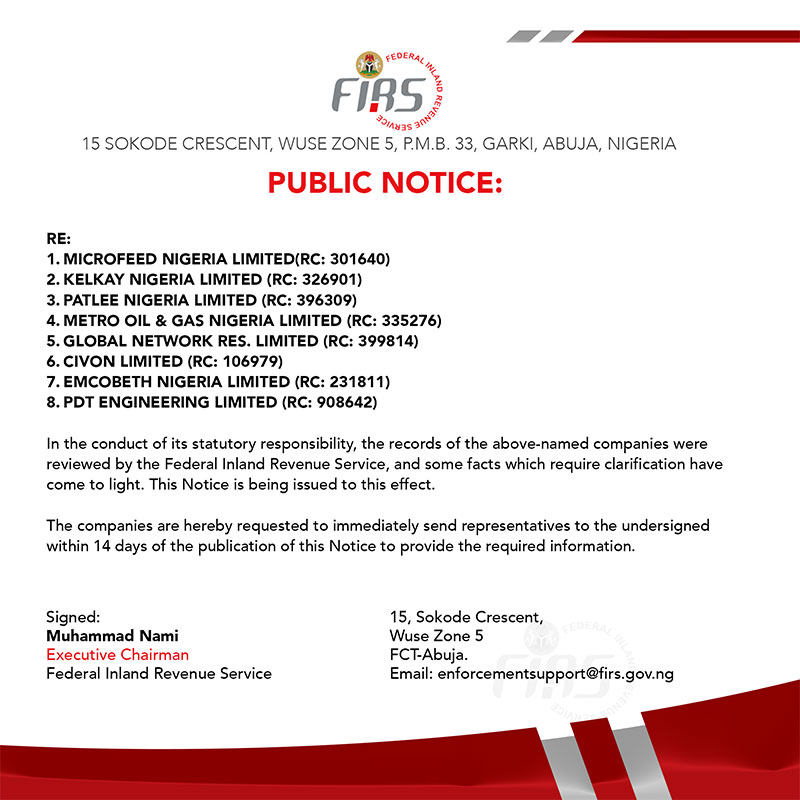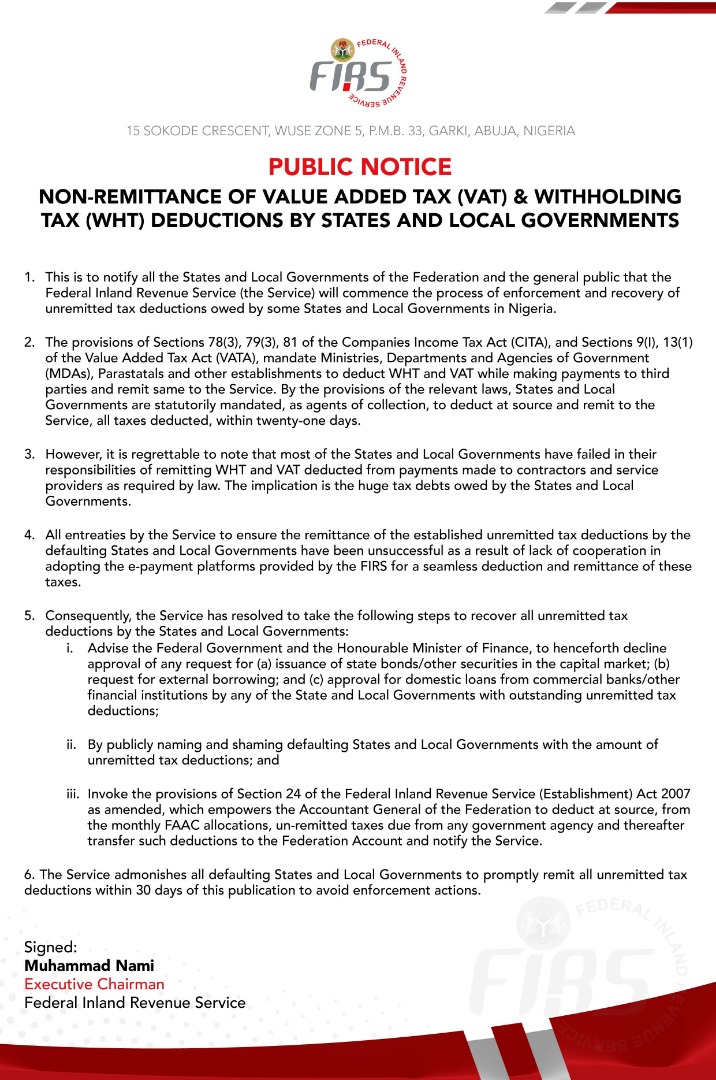 The Federal High Court has convicted the suspects arraigned on allegations of fraudulent involvement in the 2010 contract between the Nigerian government and an Irish firm, the Process and Industrial Development (P&ID).
The Federal High Court has convicted the suspects arraigned on allegations of fraudulent involvement in the 2010 contract between the Nigerian government and an Irish firm, the Process and Industrial Development (P&ID).
The court also ordered the firm to forfeit all its assets to the Nigerian government.
The court gave its ruling after the suspects on Thursday pleaded guilty to an 11-count charge filed by the anti-graft agency, EFCC.
The suspects are Muhammad Kuchazi, said to be a commercial director with P&ID incorporated in the British Virgin Islands, and Adamu Usman, who was described as a director of the firm in Nigeria. Both accused represented their firms, the court ruled.
Following the details recommended by the EFCC, the court convicted Mr Usman for the offences mentioned in the 11 counts while Mr Kuchazi was convicted based on the offences in the first ten counts which had his name.
The charges, read out in court, related to money laundering, abuse of office and economic sabotage.
Deciding on the matter after the guilty plea, the judge said he had taken note of the guilty plea and the pieces of evidence tagged exhibits PW1a and PW1b.
He then convicted the accused based on the plea taken.
The lawyer representing the EFCC, Bala Sanga, argued that “where a corporate body is convicted of an offence, the court may order that all its assets be forfeited.”
The judge, Edward Ekwo, then asked why the EFCC failed to file its charge pursuant to Section 54 of the Company and Allied Matters Act.
Mr Ekwo said the punishment to be given to the convicts, who had legal representation in court, is contained in the Advance Fee Fraud Act and the Money Laundering Act.
“An order is hereby made that the assets of Process and Industrial Development company be forfeited to the Federal Government of Nigeria,” the judge ruled.
“An order is hereby made for the second convict to be round up and his properties and assets forfeited to the Federal Government of Nigeria.”
The judge said the orders would be entered as the judgement of the court.
The Agreement
The EFCC commenced an investigation into the contract between Nigeria and P&ID following a British court ruling that Nigeria owed the Irish firm about $9 billion for violating terms of the contract.
The contract for gas supply and processing (GSPA) was signed by the administration of late President Umaru Yar’Adua and P&ID.
The company was to build gas processing facilities around Calabar, Cross River State, and the government was to supply wet gas up to 400 million standard cubic feet per day. The agreement defined wet gas as “associated gas removed, during oil production, having a propane content of not less than 3.5 mol per cent and a butane content of not less than 1.8 mol content, compressed and delivered via pipeline to the site.”
In turn, the company “shall operate and maintain the GPFs (gas processing facilities) on a professional basis to ensure a regular supply of Lean Gas (approximately 340 MMSCuFD) for power generation.” Lean gas, defined as “pipeline quality gas having a composition of not less than 95 mol per cent of methane and ethane,” was what the government was to take after supplying wet gas for processing by the company.
PREMIUM TIMES reported how the agreement was designed to fail as key elements necessary for its success was missing.
A three-member arbitration panel that reviewed the contract had ruled against Nigeria and ordered the government to pay the firm $6.6 billion as damages.
A British court last month ruled against Nigeria’s objection to the 2017 arbitration.
The money with interest has now accumulated to about $9 billion (approximately N3.24 trillion), over one-third of Nigeria’s 2019 budget.
The judgement was delivered by Justice Butcher of The High Court of Justice, Business and Property Courts of England and Wales.
Nigeria has since condemned the ruling and said it suspects that various officials involved in the negotiations did so for pecuniary reasons.
Thursday’s ruling is expected to give Nigeria a stronger bargaining chip in any negotiations with P&ID or in any related trial outside Nigeria.
Source: Premium Times






























